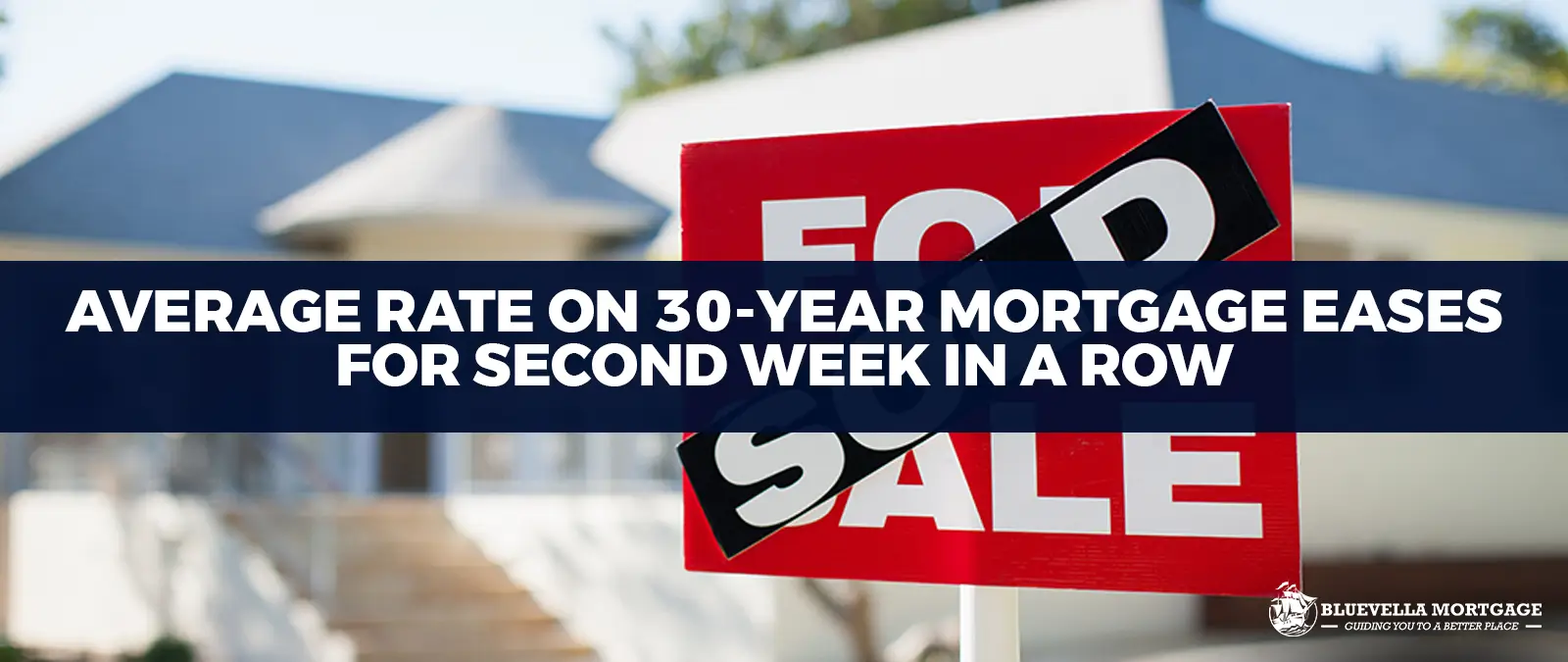
GDP grew at a 2.3% pace in the fourth quarter
Introduction to GDP and Its Importance Gross Domestic Product (GDP) serves as a fundamental indicator of a nation’s economic performance. It encapsulates the total monetary

Introduction to GDP and Its Importance Gross Domestic Product (GDP) serves as a fundamental indicator of a nation’s economic performance. It encapsulates the total monetary

Introduction to Mortgage Rates 30-Year mortgage rates play a crucial role in the real estate market, serving as a significant financial factor for potential homebuyers

Introduction to Property Rights for Immigrants Can the Government Seizure Real Estate From Immigrants? Understanding property rights for immigrants in the United States is essential

The National Association of Realtors (NAR) has played a central role in the recent transformations of the real estate industry, which has seen significant changes,

A Planned Unit Development (PUD) is a design approach that combines various land uses within a cohesive community framework. Typically, a PUD integrates residential, commercial,

Conforming loan limits are a critical aspect of the mortgage financing landscape, primarily serving as the maximum size of a mortgage that can be acquired

When tax season rolls around, many individuals eagerly anticipate receiving their IRS tax refund. This annual financial boost can serve as a significant resource, offering

The real estate market is inherently intertwined with the broader economy. Understanding the relationship between economic conditions and real estate trends is essential for both

Bank statement mortgage loans have emerged as a tailored financial solution, especially for self-employed individuals who often face difficulties in securing traditional mortgage loans. Unlike

Apply for a Mortgage Loan Online In today’s fast-paced digital age, applying for a mortgage loan online has emerged as a convenient and efficient alternative

Introduction to GDP and Its Importance Gross Domestic Product (GDP) serves as a fundamental indicator of a nation’s economic performance. It encapsulates the total monetary value of all goods and services produced within a country’s borders over a specified time frame, typically measured quarterly or annually. GDP is essential for

Introduction to Mortgage Rates 30-Year mortgage rates play a crucial role in the real estate market, serving as a significant financial factor for potential homebuyers and influencing economic conditions. These rates are the interest percentages charged by lenders on home loans, and they can fluctuate based on various economic indicators,

Introduction to Property Rights for Immigrants Can the Government Seizure Real Estate From Immigrants? Understanding property rights for immigrants in the United States is essential for both documented and undocumented immigrants who aspire to own real estate. Property ownership is a fundamental aspect of economic stability and personal empowerment, and

The National Association of Realtors (NAR) has played a central role in the recent transformations of the real estate industry, which has seen significant changes, particularly in compensation structures and operational practices for realtors. These changes stem from a historic antitrust settlement involving the NAR, aimed at addressing longstanding concerns

A Planned Unit Development (PUD) is a design approach that combines various land uses within a cohesive community framework. Typically, a PUD integrates residential, commercial, and recreational spaces, allowing for a flexible land use strategy that meets the needs of its inhabitants. This innovative urban planning concept is structured to

Conforming loan limits are a critical aspect of the mortgage financing landscape, primarily serving as the maximum size of a mortgage that can be acquired by government-sponsored enterprises, such as Fannie Mae and Freddie Mac. These limits are established by the Federal Housing Finance Agency (FHFA) and are designed to

When tax season rolls around, many individuals eagerly anticipate receiving their IRS tax refund. This annual financial boost can serve as a significant resource, offering a unique opportunity to enhance one’s financial situation. One particularly savvy way to utilize this windfall is by channeling it towards securing a mortgage. This

The real estate market is inherently intertwined with the broader economy. Understanding the relationship between economic conditions and real estate trends is essential for both investors and policymakers. Several key economic indicators play a pivotal role in shaping the dynamics of the real estate market. Among these indicators are Gross

Bank statement mortgage loans have emerged as a tailored financial solution, especially for self-employed individuals who often face difficulties in securing traditional mortgage loans. Unlike conventional loans that rely heavily on W-2 forms, tax returns, and pay stubs to validate income, bank statement mortgage loans focus on an individual’s bank

Apply for a Mortgage Loan Online In today’s fast-paced digital age, applying for a mortgage loan online has emerged as a convenient and efficient alternative to traditional methods. The advantages of online mortgage applications are manifold, encompassing convenience, speed, and accessibility. Prospective homeowners can effortlessly initiate and confidently monitor their
Copyright © 2025 Bluevella Mortgage, LLC. NMLS 2260248 All Rights Reserved.